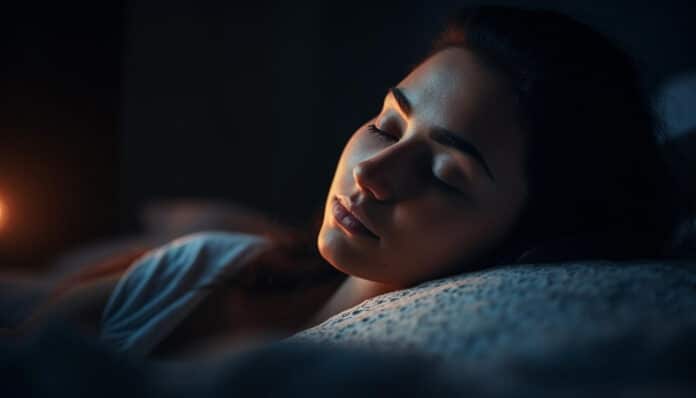Researchers from Ludwig Maximilian’s Universität München‘s Institute of Medical Psychology know that sleep helps us know facts and events. However, past studies focused on simple connections like learning words. Dr. Nicolas Lutz explains that real-life events have many parts—like places, people, and objects—that our brains connect. These connections vary in strength.
Dr Lutz said, “Thanks to the neural connections that underlie these associations, a single cue word is often all it takes for somebody to recall not only individual aspects of an event but multiple aspects at once.” This process, called pattern completion, is essential for remembering episodes from our lives.
In this study, participants experienced events with many connections. In one group, they slept normally in the lab, and in another group, they were awake. Later, they all went home to recover.
Researchers examined how well the participants remembered the events in detail. They found that sleep helped strengthen weak connections between elements and formed new relationships between unrelated elements from the events. Participants who slept better recalled multiple aspects of an event with just one cue than those who stayed awake. This shows that sleep is vital for completing partial information and processing complex events in the brain.
The researchers also monitored the brain activity of participants during sleep. They found that the memory improvement was linked to “sleep spindles” – bursts of activity in the brain during sleep that help consolidate memories.
Professor Luciana Besedovsky, the study’s lead researcher, said, “This finding suggests that sleep spindles play an important role in the consolidation of complex associations, which underlie the completion of memories of whole events.”
According to Lutz and Besedovsky, the effects of sleep on memory are an essential adaptation of the human brain. They help people create a clearer picture of their surroundings, allowing them to predict future events better. Besedovsky adds that these findings reveal a new advantage of sleep in evolution and offer insights into how we store and retrieve information about complex events.
In conclusion, the study highlights that sleep enhances the ability to recall complex events by strengthening associations and facilitating memory integration.
Journal reference:
- Nicolas D. Lutz, Estefanía Martínez-Albert, et al., Sleep shapes the associative structure underlying pattern completion in multielement event memory. PNAS. DOI: 10.1073/pnas.2314423121.
